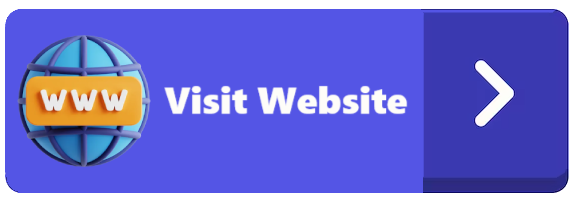
Google Contacts: Purpose, Applications, Accessibility, and Comparison
Google Contacts is a contact management tool developed by Google that allows users to store, organize, and manage personal and professional contact information. As part of the broader suite of Google services, it integrates seamlessly with other tools like Gmail, Google Calendar, and Google Meet, making it a central hub for communication and scheduling. Google Contacts is cloud-based, meaning it allows users to access their contacts across multiple devices simply by signing in to their Google account.
This tool stores essential details such as names, phone numbers, email addresses, physical addresses, birthdays, company affiliations, notes, and more. It also supports profile photos and labels for better categorization and easy searching. Whether used for personal convenience or in professional environments, Google Contacts plays a critical role in maintaining communication networks and organizing interactions.
Main Features and Uses of Google Contacts
Syncs contacts automatically across Android devices and with any system where a user is logged into their Google account. This helps avoid loss of contact information and ensures data is always up to date.
Integrated directly with Gmail, so whenever you email a new person, Google Contacts can automatically create a contact for that person. This helps build a contact list over time without manual input.
Works with Google Calendar to let users invite contacts to meetings or events more easily by accessing their saved information.
Supports custom labels to group contacts according to user preferences, such as "Family", "Work", or "Clients", making it easy to manage large lists.
Allows merging of duplicate contacts. Google Contacts detects and suggests when multiple entries appear to be the same person, helping to keep the list clean and organized.
Enables importing and exporting contact lists in formats like CSV and vCard, which is especially useful for backups or when switching devices or platforms.
Provides fields for detailed contact information beyond just names and phone numbers, including job title, department, relationship, and even notes.
Offers a "starred" feature to mark frequently used contacts for faster access.
Integrates with Android's Phone and Messages apps, allowing users to call or text directly from a contact card.
Free or Paid Access
Google Contacts is entirely free for individual users with a standard Google account. It is available by default to anyone with a Gmail address and does not require any separate subscription or fee. Users can store up to thousands of contacts depending on their overall Google storage capacity, which is also shared with Gmail, Google Drive, and Google Photos.
For businesses using Google Workspace (formerly G Suite), Google Contacts is included as part of the package. In this context, additional administrative and collaboration tools may be available. For example, organizations can manage shared contacts across a team, assign permissions, and integrate contacts with third-party apps through APIs. While Google Contacts itself remains free, the added features of Google Workspace are part of a paid plan.
Comparison with Other Contact Management Tools
Compared to other contact management systems, especially third-party CRMs, Google Contacts is simpler but highly effective for everyday use. It focuses on ease of access, integration with the Google ecosystem, and clean organization. It lacks more advanced CRM features like sales tracking, customer engagement analytics, lead scoring, or marketing automation, which are usually found in platforms like HubSpot, Zoho, or Salesforce.
Google Contacts is not designed to replace a full CRM, but for individual users or small teams who rely heavily on Gmail and Google Calendar, it provides sufficient functionality to manage relationships effectively. Unlike Excel or manual methods, it offers automation, real-time sync, and integration with communication tools, making it more efficient for digital use.
Some contact apps on mobile phones offer similar storage, but they may not support cloud backup or syncing across devices unless tied to a Google or iCloud account. Google Contacts stands out by being cross-platform and available on both desktop and mobile with the same consistent experience.
Conclusion
Google Contacts is a reliable, free, and user-friendly contact management service that integrates tightly with Google's ecosystem of tools. It simplifies the process of storing, organizing, and accessing contact information, making it a vital part of communication and scheduling in both personal and professional settings. While it does not include advanced business features found in CRM platforms, it is more than adequate for most users who value speed, convenience, and cloud synchronization. For individuals and small teams using Google services, Google Contacts offers a seamless and efficient solution without the need for third-party tools or additional costs.












